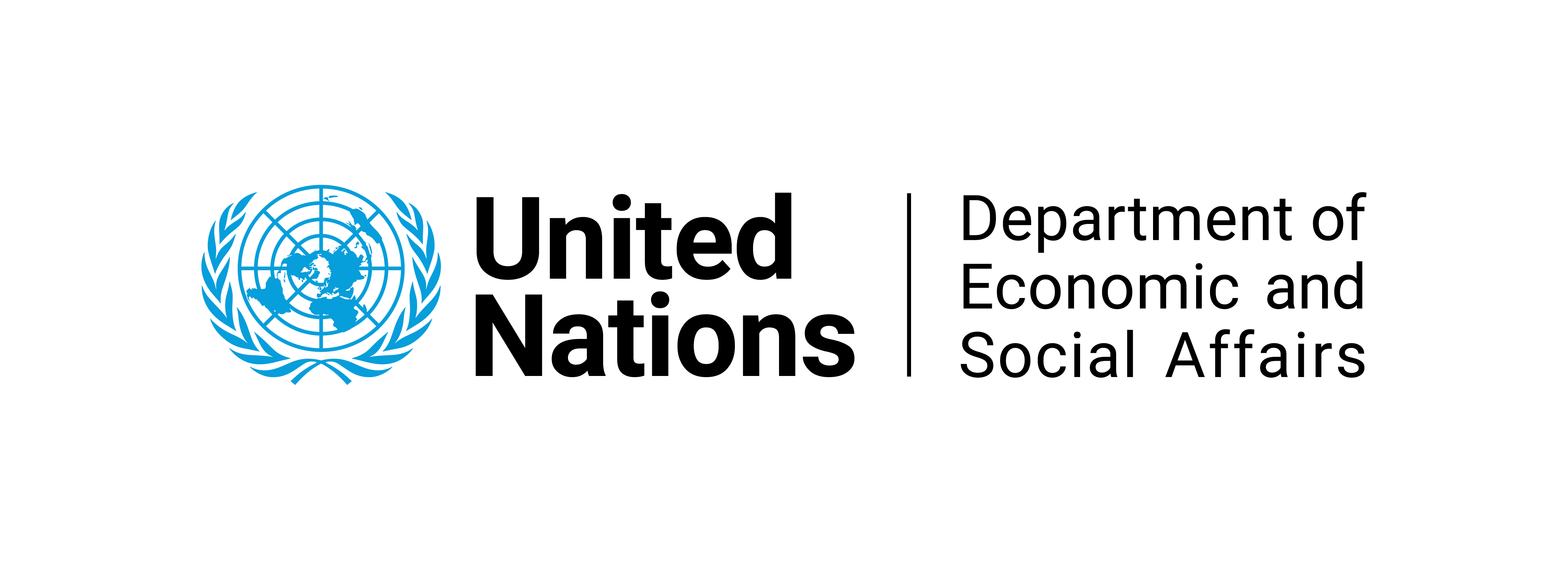6.2 Characteristics of NSOs#
Among the main characteristics of NSOs the world over are the following:
Main role: The role and obligations of NSOs are to provide the government and the society with statistical information. The UNFPOS describe this role as an integral part of the democratic processes of society.
Core function: The NSO is almost everywhere unique because it is the only government institution with official statistics as its core function. Furthermore, it is generally recommended that the activities of the NSO are restricted to the core function of producing and providing statistics and that the NSO does not engage in administrative or politically related activities. This is necessary for maintaining the integrity and neutrality of the statistics.
Main producer of official statistics: In most countries, the NSO is the main producer of official statistics but normally by no means the only producer. There are countries where more or less all official statistics are entrusted to the NSO, but it is much more common that other government agencies are engaged in official statistics alongside the NSO. Typically, these institutions, generally termed other producers of official statistics, are units of government departments/ministries that provide statistics on their special subject. Irrespective of the speciality of the producers, their activities in official statistics are all equally bound by the UNFPOS and by the statistical law of the country.
Leader and coordinator of official statistics: In many countries, the NSO has the function of leading and coordinating the national statistical system (NSS), composed of all producers of official statistics. The leadership function involves taking the initiative to ensure that the various institutions engaged in official statistics work together. Their combined statistical production covers all main fields and interests of society and caters to all main user needs for official statistics. Furthermore, the leadership and coordination role of the NSO involves ensuring that the different producers follow appropriate methods and procedures which is mainly understood as ensuring that the activities follow international recommendations on the application of standards, classifications, procedures, methods, concepts and definitions. The coordination role of the NSO also includes ensuring that the activities of the various producers are coordinated to avoid under coverage as well as undue overlaps in the provision of statistics and statistical services.
National representative and participant in international cooperation: In many countries, the NSO is the designated national representative in international statistical cooperation. This requires the NSO to be responsible for providing international organizations with comprehensive national data sets based on international recommendations and are fit for comparisons with those of other countries. The international role of the NSO also requires it to participate in or at least follow closely the work on developing official statistics carried out under the auspices of the international organizations in terms of extending and improving their coverage, quality, applicability, and usefulness. In some countries, participation in international cooperation is regarded as irrelevant, unimportant and a kind of luxurious activity. The reality is the direct opposite; international statistical cooperation is the most efficient way of informing the national statistical activities, providing the most modern knowledge, teaching the most relevant and modern methodologies, and making sure that the national statistics develop in harmony with those of neighbouring countries and do not stagnate and become irrelevant and of scant use.
Centre of knowledge: The central place of the NSO in official statistics of a country entails that the institution has to consider itself and act as a centre of knowledge of official statistics. This applies to knowledge of modern standards, procedures, methods, concepts and definitions and to development of new or extended statistics to cover emerging needs. It also involves knowledge of the principles on which the statistical operations are based, their content and application as well as the restrictions and obligations they involve. These restrictions and obligations are mainly ethical in nature, in particular regarding the obligation to ensure confidentiality. Without a comprehensive knowledge of statistical procedures and principles, the NSOs would not be able to fulfil the requirements of the UN Fundamental Principle no. 2 of making decisions “according to strictly professional considerations, including scientific principles and professional ethics, on the methods and procedures for the collection, processing, storage, and presentation of statistical data”.
Legal basis: As discussed above, countries’ statistical laws have become quite similar in coverage and content following the development and adoption of the UNFPOS. While the statistical law may focus on the NSO as the core institution of official statistics, the law encompasses all producers of official statistics irrespective of their place in the administrative structure. Typically, the statistical law would include main provisions on the following:
main principles of official statistics;
the organization of the NSO and place in the government administration;
the main function of the NSO to produce and provide statistics;
the mandate for data collection and for accessing data for the purposes of official statistics;
obligation to process statistics and disseminate the statistical outputs;
obligation to safeguard the data and ensure the confidentiality of individual data.
Statistical legislation issues are discussed in detail in Chapter 3 - The Basis of Official Statistics. For further guidance on statistical legislation see also The Generic Law on Official Statistics, GLOS, UNECE 2016 (🔗).
